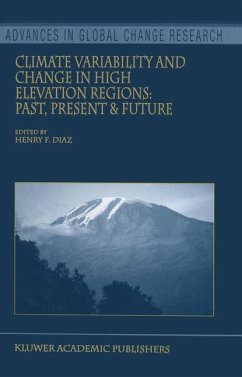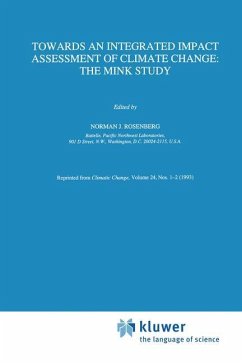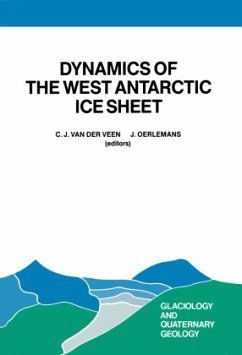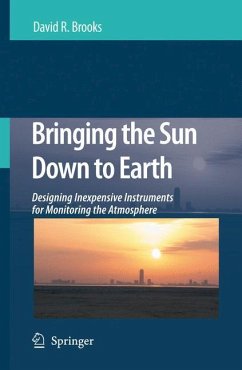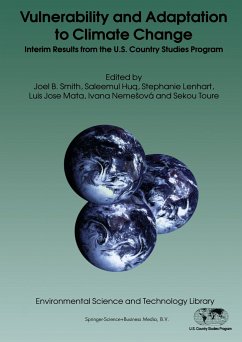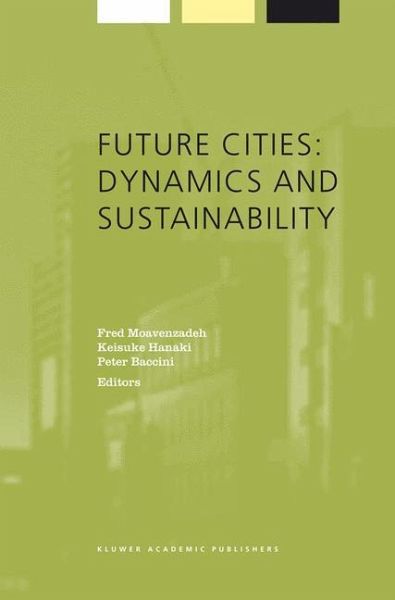
Future Cities: Dynamics and Sustainability
Versandkostenfrei!
Versandfertig in 1-2 Wochen
77,99 €
inkl. MwSt.
Weitere Ausgaben:

PAYBACK Punkte
39 °P sammeln!
CITIES: CHALLENGES AND OPPORTUNITIES FOR SUSTAINABILITY BRANTLEY LIDDLE AND FRED MOAVENZADEH OR at least 4000 years, cities have been centers of cultural, social, technological Fand economic innovation, inventions and their application, and political power. Only in the last 200 years, the industrial era, have urban areas grown so rapidly, and their populations increased so dramatically that their impacts on the natural environ ment are being felt beyond their immediate geographic surroundings. As the 21" cen tury dawns, megacities-great and far-reaching concentrations of power and influ ence-h...
CITIES: CHALLENGES AND OPPORTUNITIES FOR SUSTAINABILITY BRANTLEY LIDDLE AND FRED MOAVENZADEH OR at least 4000 years, cities have been centers of cultural, social, technological Fand economic innovation, inventions and their application, and political power. Only in the last 200 years, the industrial era, have urban areas grown so rapidly, and their populations increased so dramatically that their impacts on the natural environ ment are being felt beyond their immediate geographic surroundings. As the 21" cen tury dawns, megacities-great and far-reaching concentrations of power and influ ence-have become centers of the phenomena of globalization and information ex change. These concentrations of people and activity are placing stress on the natural environment so great that it is beginning to have extensive regional, and even global impacts. However, asconcentrations ofpower-political, economic, andintellectual these great urban centers share with the ancestral cities of past millennia the resources to consciously shape the future. The management of these megacities (those having populations of over eight million) in their current formative stages so taxing to natural systems,paradoxicallypresents theopportunity torestoresustainableregional and global environments. Environmental problems consequent to urban growth have two sources: pov erty and affluence. These two conditions often coexist in dramatic contrast within the same city, particularly in developing countries. In terms of environmental impact, poverty-based problems tend to have local effects, while affluence-based problems usually have transboundary and/or global effects.







